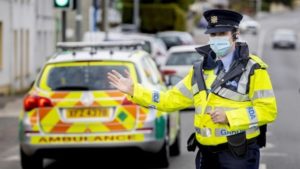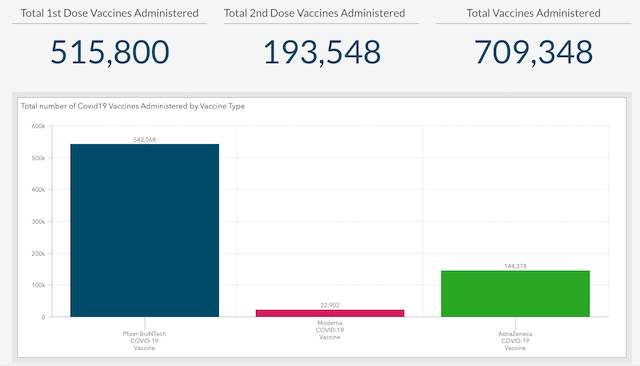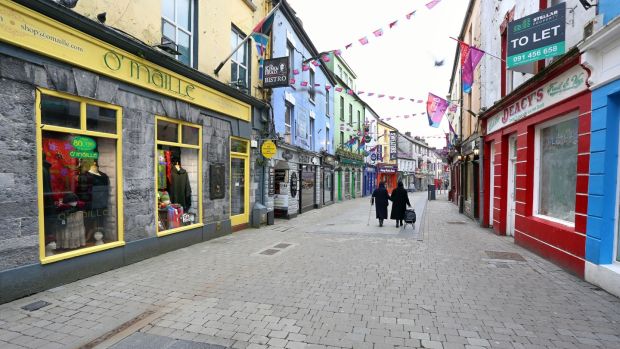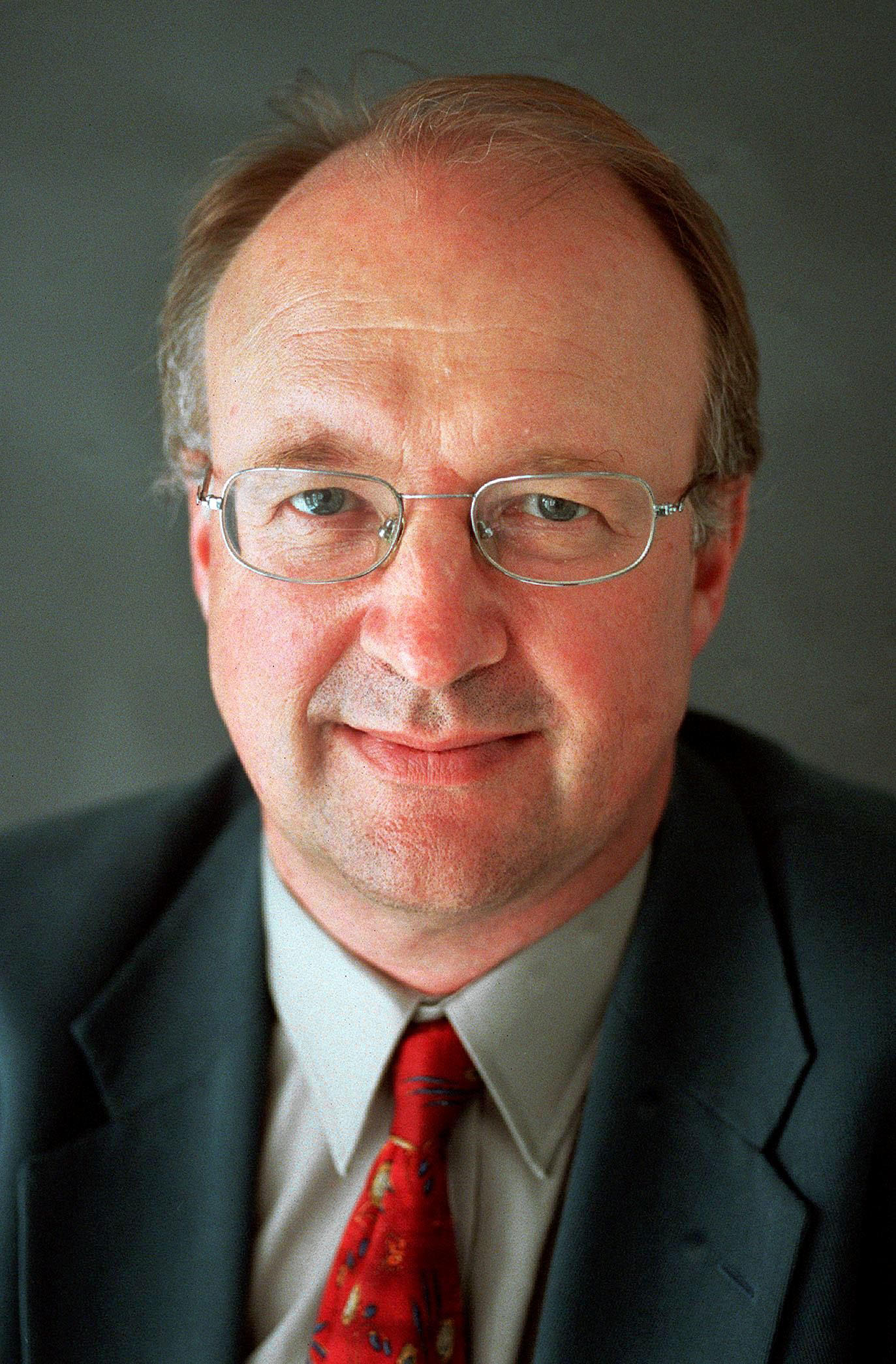By Deaglán de Bréadún
Ireland is currently going through one of the most dreary and restrictive periods in its history, because of the coronavirus pandemic. Curbs on movement and social gatherings for work or pleasure mean that most people spend the bulk of their time at home. When they do go out, they are under orders from the Government to observe specific limits: in the 26 counties of the Republic of Ireland you are not supposed to exceed five kilometres, or just over three miles. And if you go beyond that, you run the risk of being stopped by a police officer who can impose a fine on you.
 It has to be said that the members of the Garda Síochána (Guardians of the Peace: the Irish police-force) are generally polite and friendly but you still can’t avoid the feeling that this must be a little bit like France during the occupation of World War Two. Likewise, the strange silence that reigns in my home city of Dublin recalls accounts of London during the wartime blitz, although thankfully you don’t have to worry about Luftwaffe bombers arriving overhead to discharge their deadly cargo.
It has to be said that the members of the Garda Síochána (Guardians of the Peace: the Irish police-force) are generally polite and friendly but you still can’t avoid the feeling that this must be a little bit like France during the occupation of World War Two. Likewise, the strange silence that reigns in my home city of Dublin recalls accounts of London during the wartime blitz, although thankfully you don’t have to worry about Luftwaffe bombers arriving overhead to discharge their deadly cargo.
Only this morning I had a problem with my cell-phone and went to a nearby shopping centre to get it resolved. Outlets dealing with these issues as well as supermarkets were among the few places in the centre still open for business. It was an eerie experience to pass by the windows of clothing stores that were full of faceless wax models dressed in smart outfits that nobody was buying. I saw posters advertising holidays in Spain and other sunny destinations in September but the situation is so fluid at present that you couldn’t be sure of getting away when that time comes.
Some major sports events are still permitted, but with no spectators other than team managers, referees and their associates. In normal times, there would have been huge celebrations in Dublin after the recent rugby international where Ireland crushed England by 32 points to 18 but because of the Covid restrictions people had to stay at home and cheer on their heroes in front of the television.
Anyone travelling to Ireland by air or sea must have proof of a negative or “not detected” test for Covid-19 within 72 hours prior to arrival. Mandatory hotel quarantine for up to 14 days at your own expense is in place for arrivals from a designated list of countries, mainly in Africa and Latin America.

The latest list of figures at the time of writing shows that 709,348 doses of Covid-19 vaccines have been administered in the Republic of Ireland: that total is made up of 515,800 people who received a first dose and 193,548 who got the second dose. The population of the Republic is 4.9 million, more than two-and-a-half times Northern Ireland’s 1.8 million but the number of vaccines in the North (which is of course part of the United Kingdom) is higher at 825,310 including 711,673 first doses and 113,637-second doses.

The Irish Taoiseach (Prime Minister) Micheál Martin is expected to make a statement this coming Tuesday about the level of restrictions that will be in place after Easter Monday, April 5th. There is speculation that the travel limit could be extended from five to ten or even twenty kilometres but it seems unlikely there will be many other significant relaxations.
Much will depend on the rate of increase in the number of vaccinations. The British Government has been doing much better than Ireland in this regard and observers are attributing this to the fact that, since its recent departure from the European Union, the UK has more freedom to purchase vaccines than Ireland, which remains an EU member-state.
EU Commission President Ursula von der Leyen said last month in response to criticism of the way Europe was handling the vaccine distribution: “We were late in granting authorisation. We were too optimistic about mass production. And maybe we also took for granted that the doses ordered would actually arrive on time.”
The Commission negotiates purchase agreements with vaccine manufacturers for all 27 member-states and final approval is granted by the European Medicines Agency (EMA). Some have criticised this approach as too slow whereas others believe it will be vindicated in the long run.
Hopes are rising that the vaccine programme in the Republic will soon be operating at full speed and that the current restrictions can be gradually eased but few expect that life will return to anything like normal before the end of summer at the very earliest.♦
Deaglán de Bréadún is a freelance journalist and author based in Dublin. He is a columnist with The Irish News and his books include ‘The Far Side of Revenge: Making Peace in Northern Ireland’ and ‘Power Play: The Rise of Modern Sinn Féin’ as well as three books in Irish. His reporting on the Good Friday Agreement negotiations and their aftermath for The Irish Times won the Northern Ireland IPR/BT award for Daily News Journalist of the Year. Deaglán may be contacted on Twitter @DdeBreadun or by email Ddebre1@aol.com.



Leave a Reply